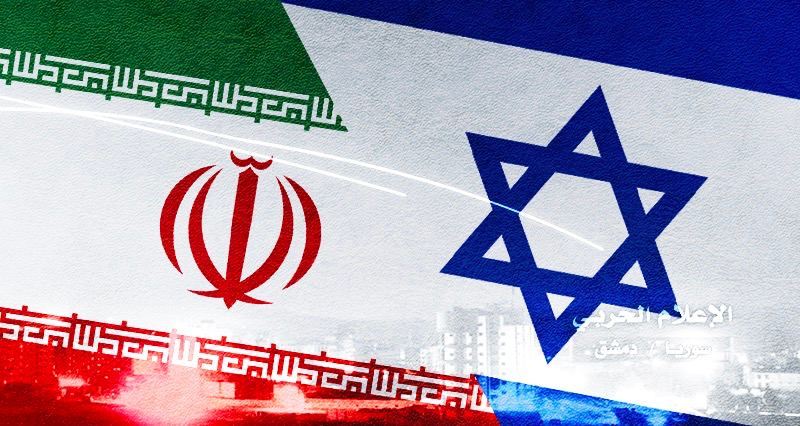By Abbas Djuma *
Don’t jump to conclusions. The party is not over. Summing up Iran’s overnight strike, which resulted in numerous missiles and drones being fired at Israel, I can’t help but note the reaction of skeptics, who are writing with undisguised disappointment about the 99% of targets shot down and the fact that the Iranians have again failed to live up to their expectations. Many words have been said on social media that there was more noise than actual result. And that Iran only achieved an informational goal.
At the same time, almost no one noted the incredible complexity of the situation in which the Islamic Republic found itself after the Israeli attack on the Iranian consulate in Damascus. Tehran needed to respond to Tel Aviv in such a way that:
1. Did not appear pathetic and unconvincing;
2. Achieved specific military objectives;
3. Dd not ignite World War III.
To fulfil the first point, it was necessary that Iran stroke by itself and not exclusively by proxy forces. This was done.
On the second point, even though most of the missiles and drones were indeed shot down by the air defenses of Israel and the US, some missiles managed to break through and some of them achieved their goals. Mohammad Bagheri, head of the General Staff of the Iranian Armed Forces, said that these were the information center on the border between Israel and Syria, as well as the Israeli airbase Nevatim.
Finally, on point number three: A World War did not start. Just like in 2020 when the Iranians hit the Americans in Iraq in response to the assassination of General Suleimani.
Beautiful! I think Iran deserves a round of applause.

I should add that it is premature to speculate on the effectiveness or ineffectiveness of Iran’s attack. It is noteworthy that this is exactly what Israeli propaganda, with the active support of the “all-propagandists”, is now doing. Just to draw attention away from very important details. I will list them:
1. Iran did not strike, but only slapped Israel. Obviously, this was not done to start a war in which the US would be drawn into. Which is exactly what Netanyahu wanted. So, Iran didn’t buy Israel’s provocation.
2. Iran used mostly old missiles and drones that had been sitting idle. But even these were enough for a spectacular and showy smackdown, as well as for economic damage to Israel – The cost of shooting them down was much higher than was the cost of the missiles. For a real hard hit, Iran has other means.
3. Tehran again demonstrated Tel Aviv’s vulnerability. It showed that Israel can be hit if you hit it all together. Well, the degree of destruction, which was so lacking for the couch commentators, will depend on the type of missiles and drones. Iran has a lot of them, including different models.
4. Israel is confused again, like on 7 October. It needs to respond. But how? By hitting Iranian proxies? That’s fine. But then what? Hit Iran? Then see point number two.
Tehran has passed the ball to Tel Aviv, which now faces the same three tasks I explained at the beginning, describing Iran’s difficult situation. But can Israel solve them as nicely as the Islamic Republic did?
* Moscow-based Syrian journalist

















Leave a Reply